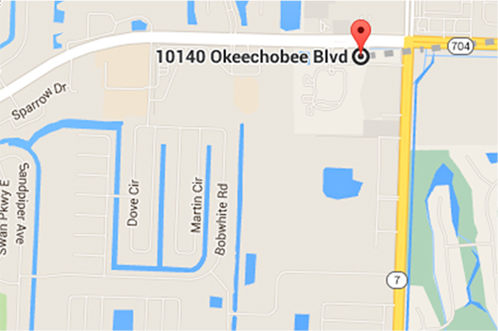Malware, Spyware, Worms, and Trojans.. Oh My!
November 13, 2014 | | 1 Comment
How does your Computer get a Virus?
It becomes very frustrating when all you want to do is surf the internet without having to worry about getting malware on your computer. You begin surfing the web and downloading like it nobody’s business. All of a sudden your computer becomes very sluggish and pop ups are everywhere. You begin to wonder, do I have a virus? Its very stressful and makes for a very displeasing internet experience. So what can you do to prevent this from happening? Well first you have to understand what the differences are for each and what to look for. Below I will explain each one then I will provide some helpful tips on how to prevent this from happening to you.
Read more on the popular malware FBI Virus in FBI Virus – Beating the Scam
What is Malware?
Malware is short for malicious software. A very well known type of malware is a virus. It can be damaging your PC’s data or a networked PC without your consent and often spreads through downloads on the internet. Malware can arrive through an internet download, as an email link or attachment, or as a file sent between users of instant messaging. That’s why you should be very careful when downloading anything from the internet or an email.
Read more about signs of malware in 5 Signs that Suggest That your Computer has Malware, Spyware, or Viruses.
What is Spyware?
Spyware is put onto your computer to secretly gather your information without your knowledge. Spyware can capture information like credit card information, user names and passwords, e-mail messages and Web browsing habits. A lot of the times what the software is doing is collecting data from you to sell to advertisers or third parties who are interested.
What are Computer Worms?
When you think of a worm you think of it channeling through the dirt and soil, computer worms channel through your computer’s memory and hard drive. It is a type of virus that replicates itself and are hard to detect because they are typically invisible files. A worm will multiple taking up your memory and hard drive space making your computer very slow or worse making you computer crash. They usually go unnoticed until you realize your computer begins to run very sluggish.
What is a Trojan Horse?
Trojan horses are named after the Greek battle tactic used at Troy. Trojans are software programs that act as regular programs, such as disk utilities, games, and even antivirus programs. These programs can do malicious things to your computer if they are executed. Trojan horses do not replicate, but its possible for it to be attached to a virus file that spreads to multiple computers.
How to Prevent Malware?
Now that you have and understanding of these different kinds of malware you want to know how you can prevent from getting them. There are no programs out there that will protect you 100%. You are the biggest factor in preventing malware onto your PC. You have to be very cautious when installing or downloading anything you don’t trust or do not understand. An antivirus program like Avira and Malwarebytes will protect you. Make sure to keep your antivirus updated and set it up to run daily and weekly scans. Chances are that no matter how careful you are, you will be infected some day. So as a general rule, don’t open a program unless you know it is genuine or from a person you trust This applies especially to e-mail attachments that are executable files. Even if you are pretty sure the attachment is safe, it is still a good practice to run it through your virus scan program just to be safe.
See Avira Antivirus and Malwarebytes in comparison with other softwares in McAfee Vs Norton: Which is Better?


1 Comment
Hi there to every body, it’s my first visit of this webpage; this
web site carries awesome and genuinely excellent material for visitors.